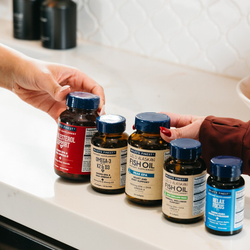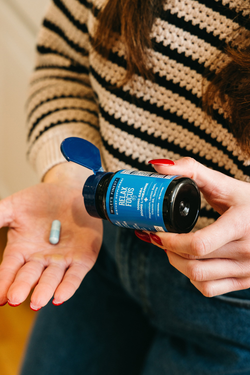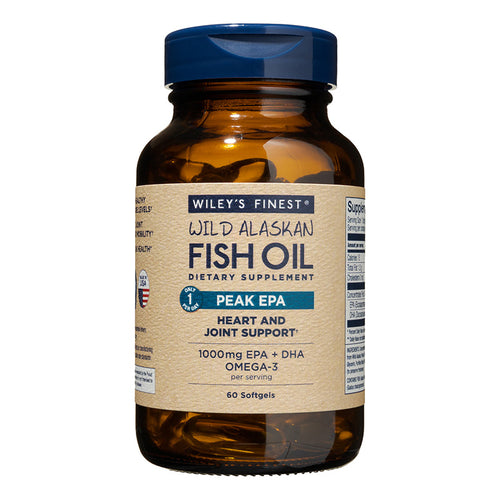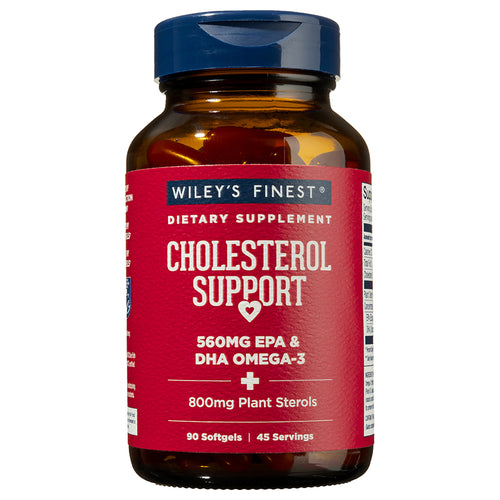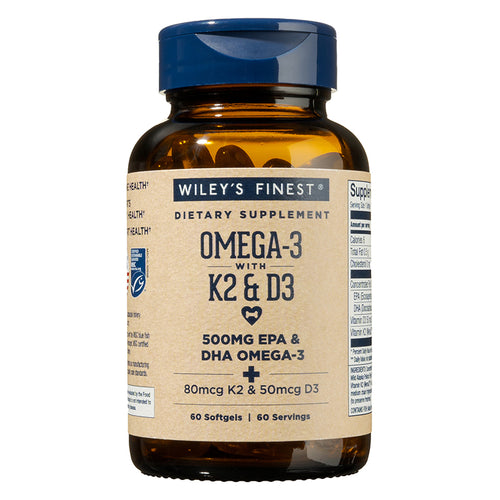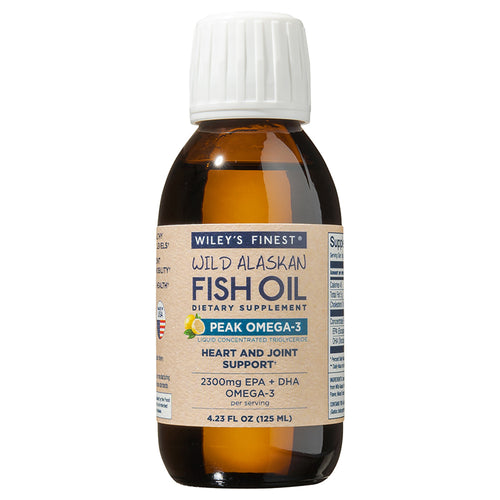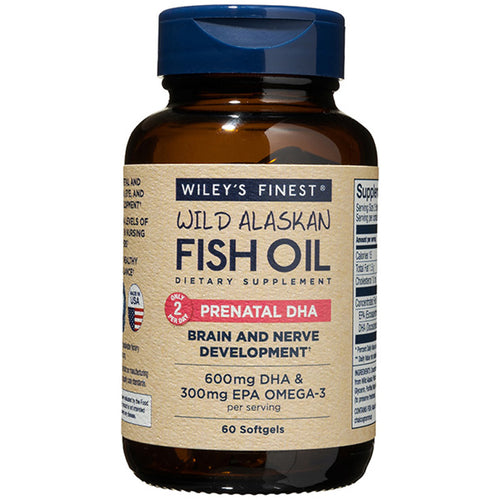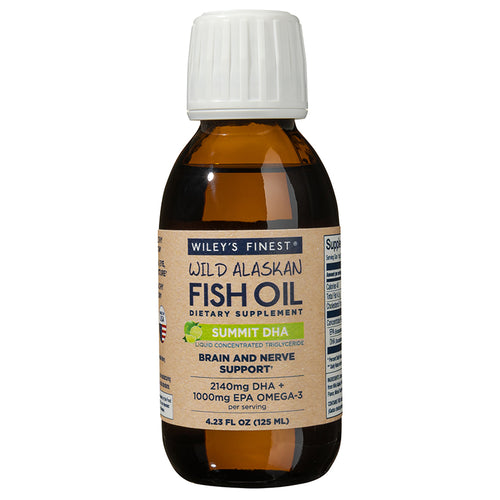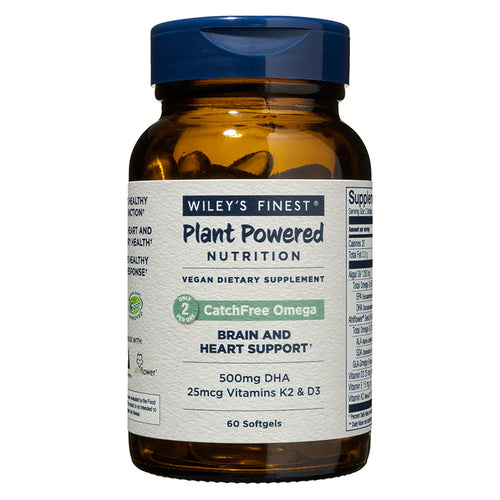Omega-3s for Lifelong Health
Every gardener knows you can't plant a tiny seedling one day and expect a strong, resilient tree to appear overnight. That tree needs care and attention through every season—nourished by time, patience, and the right conditions to grow and flourish.
In that same way, your body benefits from steady, lifelong support. Starting early with healthy habits—like including omega-3s in your diet—can lead to stronger roots and a more vibrant, resilient you. Whether you’re just planting the seeds of wellness or nurturing a well-established wellness routine, omega-3s nourish your body like sunlight does a growing tree to help your health take root and thrive. 
So, what are Omega-3s?
Omega-3s are special fats—sometimes called “good” fats which are essential for your body to function properly, and which you have to get from food and supplements because your body can’t make them on its own.
Here are four of the Omega-3s you should know about:
-
ALA (alpha-linolenic acid) – ALA is found in plant foods like flaxseeds, chia seeds, and walnuts. These are wonderfully nutritious Omega-3 options, but the body has to convert the ALA in them to EPA (eicosapentaenoic acid) and DHA (docosahexaenoic acid) in order to use them, and it can be challenging to get enough ALA from these sources to meet daily Omega-3 nutritional needs.
-
SDA (stearidonic acid) – Pre-formed SDA is only found in certain, specific plant sources like Ahiflower® seed oil. SDA is a more efficient plant-based Omega-3 than ALA because the body can convert it to EPA up to 5X more easily. And here’s a news flash – recent scientific studies also show that plant-sourced SDA has potential synergistic benefits alongside fish-based omega-3 foods and supplements
-
EPA (eicosapentaenoic acid) – EPA is commonly found in cold-water fatty fish such as salmon, mackerel, sardines, anchovies, and of course, our favorite, Wild Alaskan Pollock. It originates from microalgae, which are consumed by smaller fish and then passed up the food chain. EPA is often extracted and refined for use in making supplements, including the fish oil concentrates you can find at your local health food store.

-
DHA (docosahexaenoic acid) – DHA is another long-chain omega-3 fatty acid found in marine sources, including fatty fish and microalgae. Unlike EPA, DHA is especially abundant in microalgae, which can be cultivated in highly-controlled environments for use in vegan and vegetarian supplements. It is also extracted from fish oil, along with EPA, to be formulated into marine-based Omega-3 supplement concentrates.
Why are EPA & DHA Omega-3s important?
Omega-3 EPA and DHA are a structural part of every cell in your body and they play a critical role in numerous biological functions.
- FOR YOUR HEART: Omega-3 EPA and DHA nourish the heart and circulatory system, helping to promote healthy blood pressure and triglyceride levels.
- FOR YOUR MIND: Omega-3 DHA is a major building block for brain cells, playing a key role in healthy cognition and central nervous system function.
- FOR YOUR MUSCULOSKELETAL SYSTEM: Higher Omega-3 levels contribute to musculoskeletal strength and function for an active, healthy lifestyle.
- FOR YOUR VISION: The body’s highest concentration of Omega-3 DHA is in the retina of the eye, making it a critical nutrient for eye development, visual acuity, and life-long retinal health.

The Bottom Line
While no single nutrient does it all, Omega-3s offer impressive, wide-ranging support for your body and mind. The good news? You don’t need a major lifestyle overhaul to benefit from them. Small adjustments to your diet or a daily supplement can make a meaningful difference.
So whether it’s a salmon fillet or a bottle of an exceptional quality Omega-3 supplement like Wiley's Finest, it’s well worth considering. It is those types of seemingly insignificant choices we make each day that can have a profound impact on our health over a lifetime.

